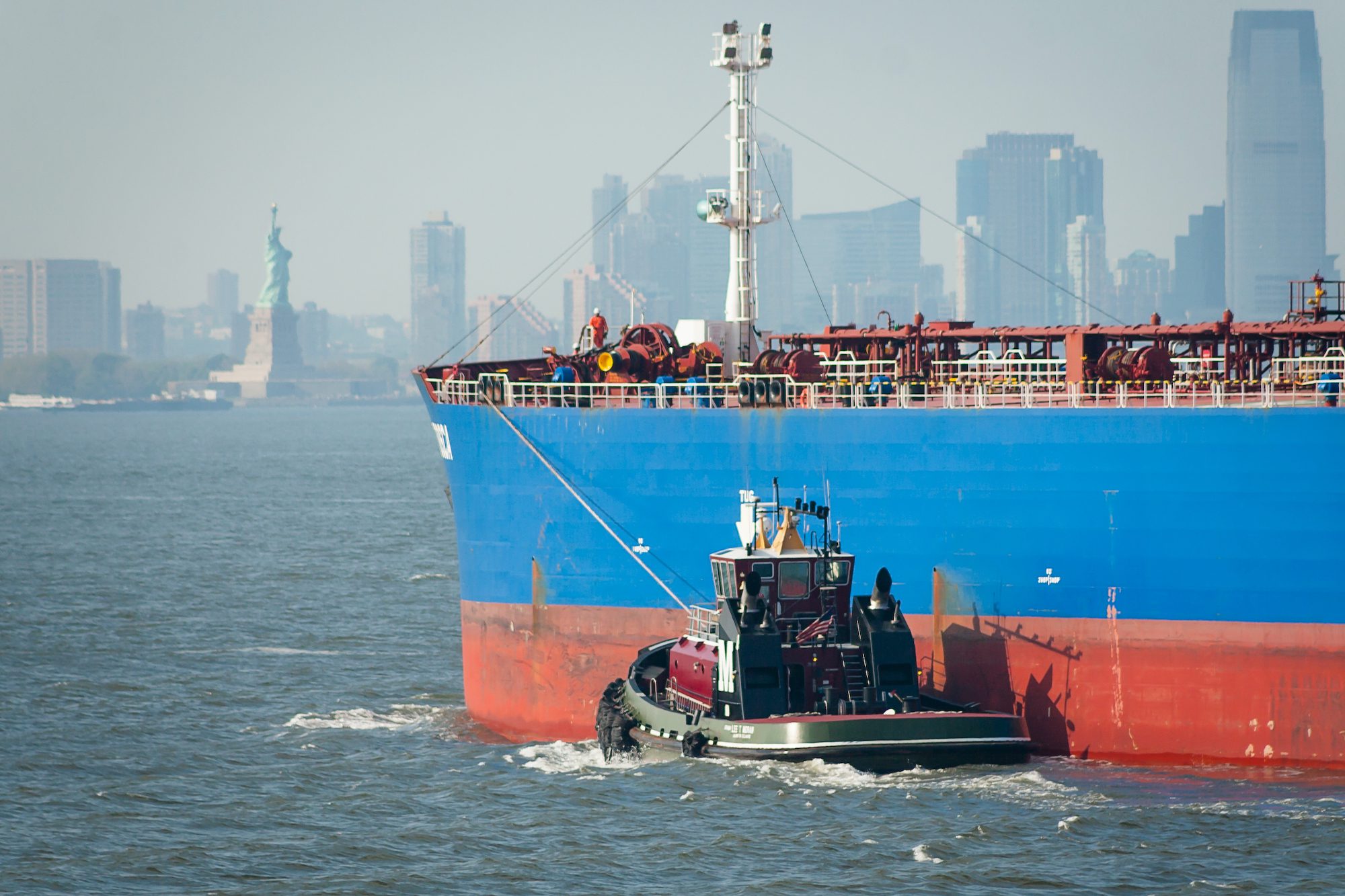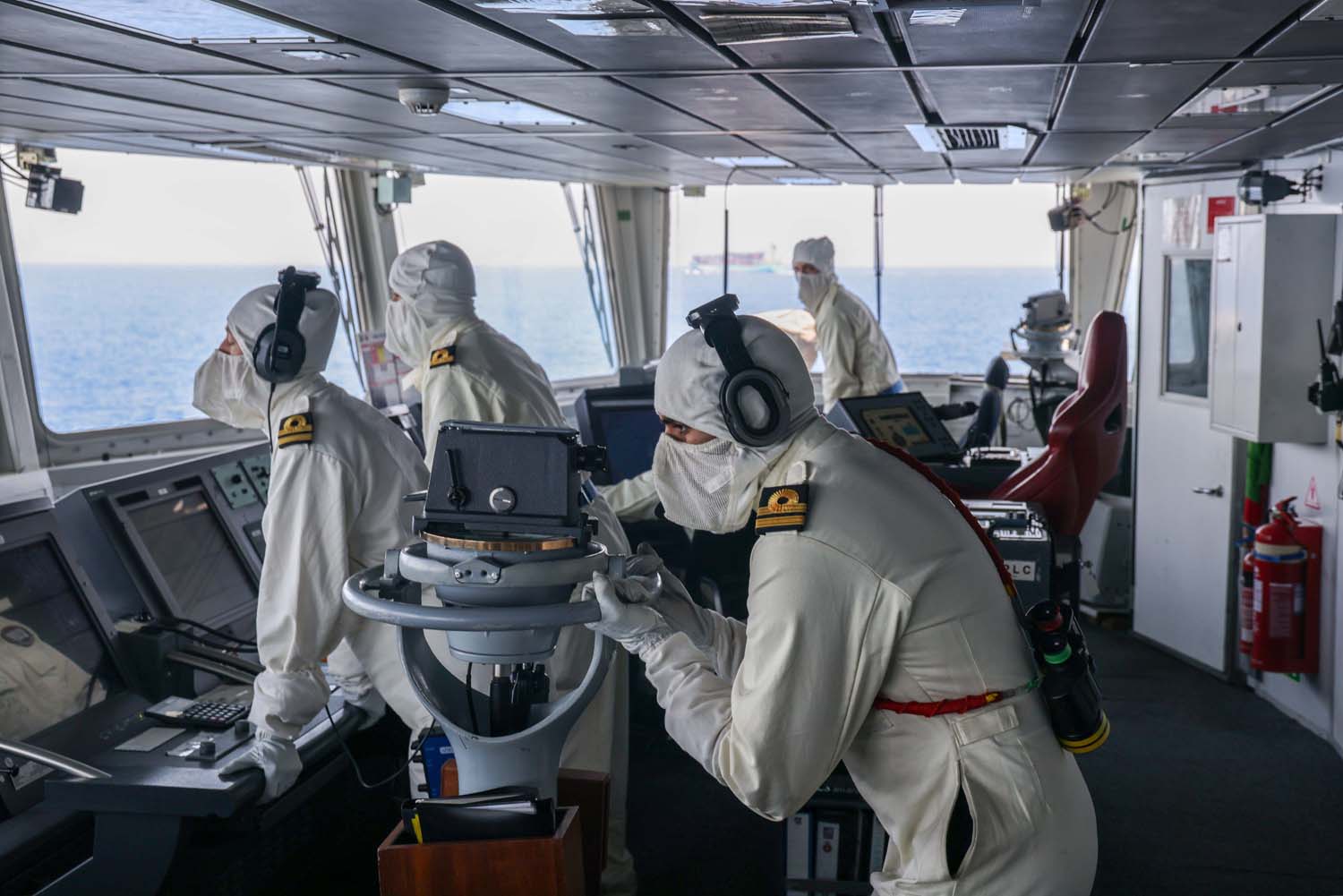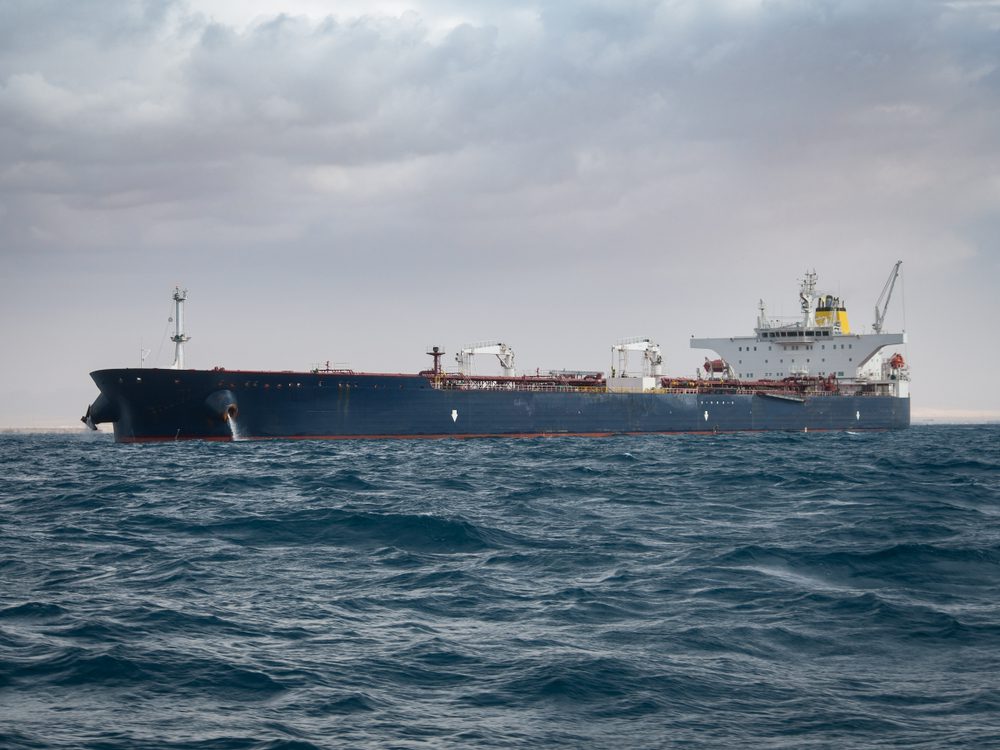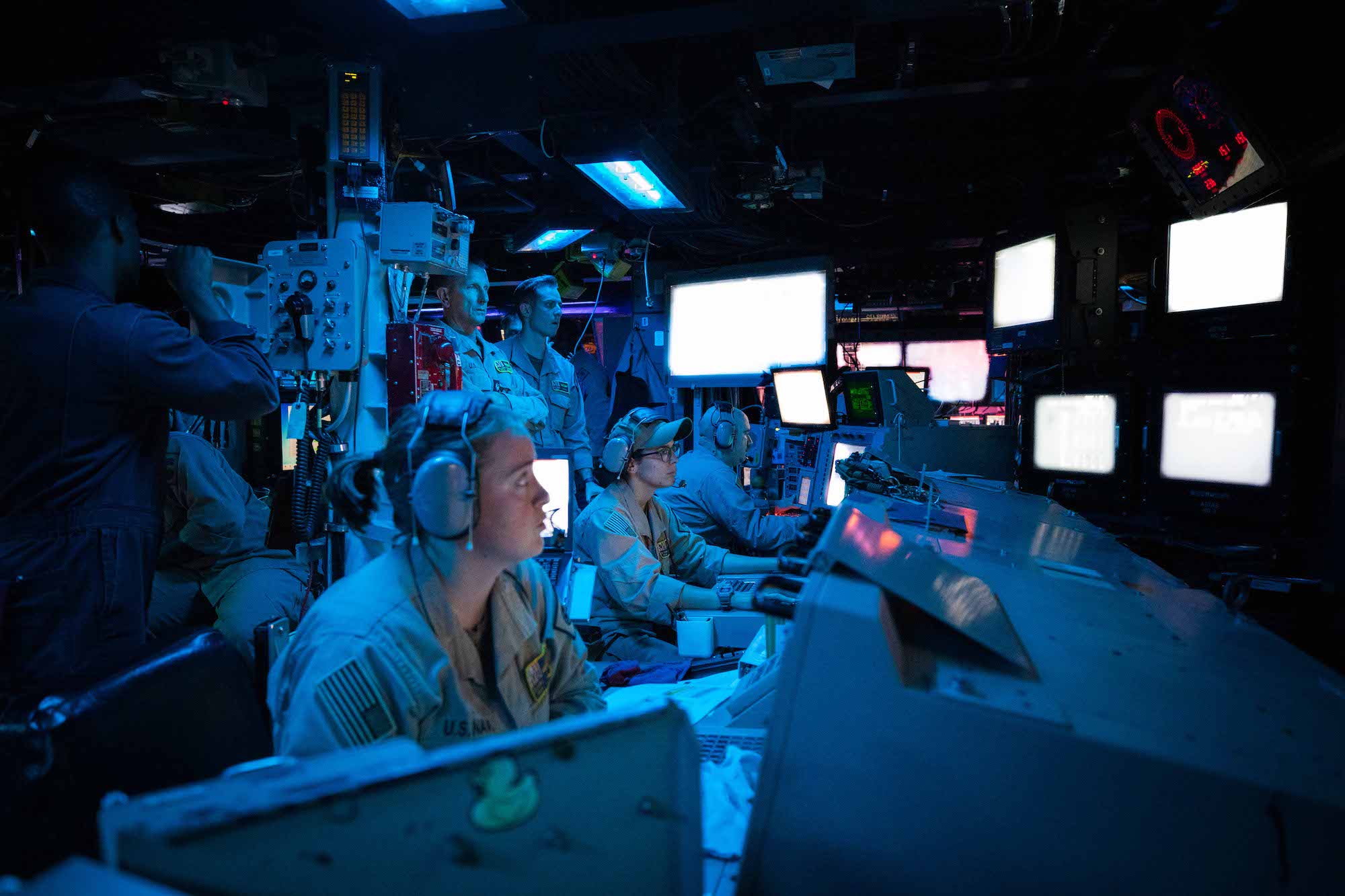The International Maritime Organization (IMO)’s MEPC77 meetings have ended; though the dialogue had its moments, there were no dramatic pronouncements coming out of this week’s meetings.
The virtual format (even for delegates physically at IMO headquarters), where discussion is restricted to three hours daily (sometimes a bit more), has been the backdrop for what, in tugboat talk, might be described as: “clutching around the sea-buoy before entering the port.” In all fairness, the IMO’s timelines, which saw some fine-tuning at the last environmental committee meeting (MEPC76), many items, including the an overall decarbonization target for shipping, not being sorted until 2023- in line with the “Initial Strategy” promulgated in 2018.
These issues included the IMO’s inchoate “Data Collection Scheme” (“DCS”), which was added to the already overflowing agenda of an upcoming Inter-sessional Working Group on Greenhouse Gasses (a/k/a “ISWG”), set to hold meetings in early (ISWG-GHG 11) and mid (ISWG-GHG 12) 2022. The ”Working Groups” tasked with sorting through the minutiae and details of scientific and economic studies on greenhouse gas impacts, and alternative fuels economics and technologies, already have quite a bit on their plate. The ISWG had already seen an allocation of work to be done, when it emerged in the early days of MEPC77 that the IMO’s “Initial Strategy” on shipping’s carbon reductions, would be fine-tuned over a series of upcoming MEPC meetings (again, comporting with the 2018 plan and the timelines agreed at MEPC76). What this means is that the overall goals for 2050 (in IMO talk: “the 2050 levels of ambition”) were not revised, as some had urged. The bottom line is that the IMO is still not yet targeting “Net Zero by 2050”.
Read: Critical IMO Meeting Fails to Speed Up Shipping’s Decarbonization
The IMO Working Groups, which don’t receive a lot of media attention, have plenty, and then some, to do. One delegate suggested, facetiously, that ISWG-GHG 12 meeting, where five days are presently allocated (in Spring 2022), be extended to 10 days due to the sheer amount of material to be covered. Another delegate, on the screen a few minutes later, then tabled this as a serious suggestion.
The ISWGs, in their upcoming working meetings, are tasked with looking closely at alternative fuels, potential impacts on the maritime business, and potential impacts on nations. Two other matters on this week’s agenda, Market Based Measures (MBM, financial incentives to shift consumption away from carbon intensive fuels) and the International Maritime Research and Development Board (“IMRB”, which would administer a $5 billion fund, the “IMRF”, aimed at researching alternative fuels and their deployment, funded through the MBM), will also find their way to the ISWG.
The sluggish tempo of the IMO (with numerous countries actively participating in the MEPC meetings) contrasts with the “ambition” a smaller coterie of fast-mover wannabees, who signed onto the Clydebank Declaration at the COP26 conference, two weeks prior to MEPC77. In this resolution, the signers charted “Green Corridors”, the early pathway for shipping towards full net decarbonization by 2050. This contrasts starkly with the IMO goal (from the Initial Strategy) remaining at 50%.
These present IMO targets (which might be changed in 2023 after discussion at Working Groups who would then report out in subsequent MEPC meetings) are too slow for some. Amidst the member nation comments on MBM (infused with mentions of “Nobody left behind”, reflecting differing views from developed countries and those not so developed nations, alongside disagreements about carbon trading schemes versus $/ton levies ranging from $2/ton of fuel purchased to fund research, up to $300/ton for marine fuels containing carbon- which would fund much more), one highly visible group continues to push forward.
The delegation from the influential International Chamber of Shipping (“ICS”, whose media reach includes a recent article in the mainstream New York Times) noted in its MEPC virtual comments- with NGO’s at the back of the commenting queue, that: “We do believe that the IMRF is our best chance to make zero emissions possible within the required timelines…Given the emphasis at COP26 on the need for collaborative action- this is really a question of political will.”
The delegation said, further, that: “If governments are willing to take the IMRF forward…this will be an extremely welcome signal to the shipping industry.” But the converse would be seen differently, with the ICS opining that: “If we can’t find a way to rapidly accelerate research and development, we risk putting back the decarbonization of shipping by several years.” Importantly, the ICS noted that concerns of Lesser Developed Countries (“LDC”s) and Small Island Developing States (“SIDs”) on disparate impacts, and ability to tap into emerging technologies, must be addressed. But its message turned dire, with the ICS, after first acknowledging the “magnitude and complexity of technical challenges that we face…” then expressing a worry that, without movement forward on the IMRF “The current IMO targets for 2050 may no longer be plausible, let alone any more ambitious targets that might be agreed…”
Unlock Exclusive Insights Today!
Join the gCaptain Club for curated content, insider opinions, and vibrant community discussions.

 Join The Club
Join The Club













